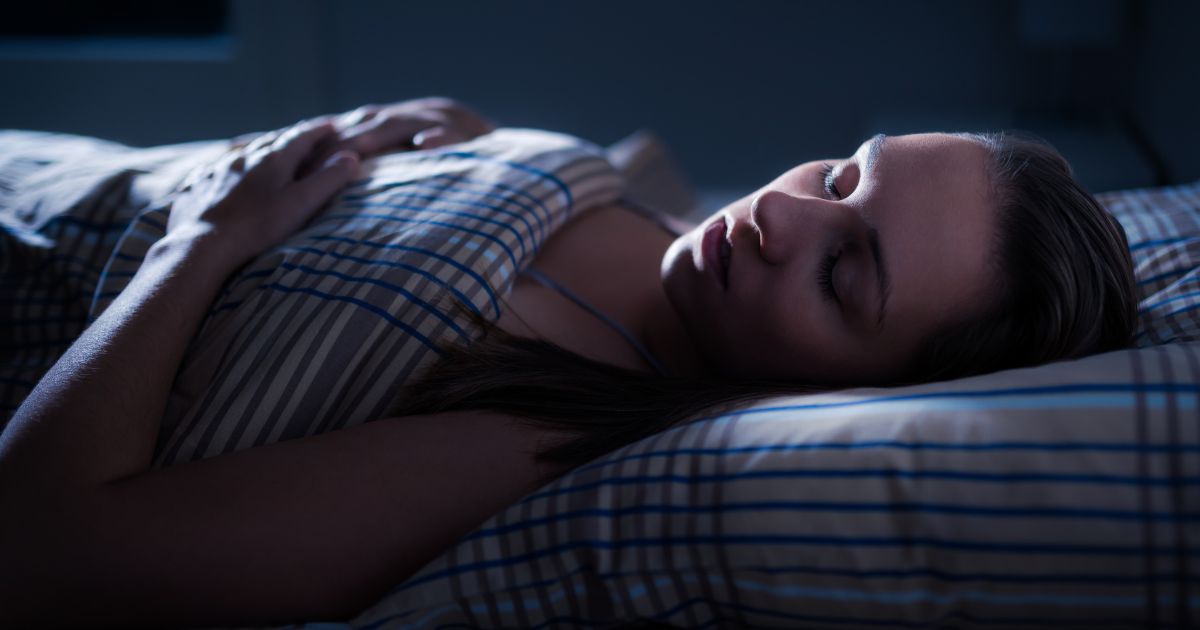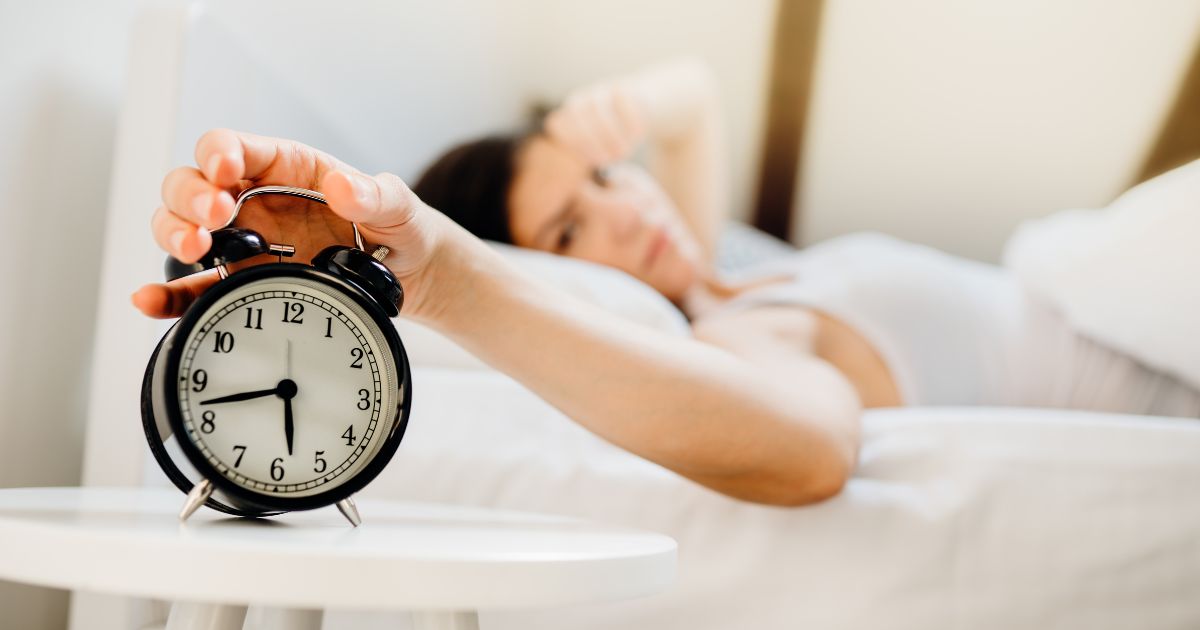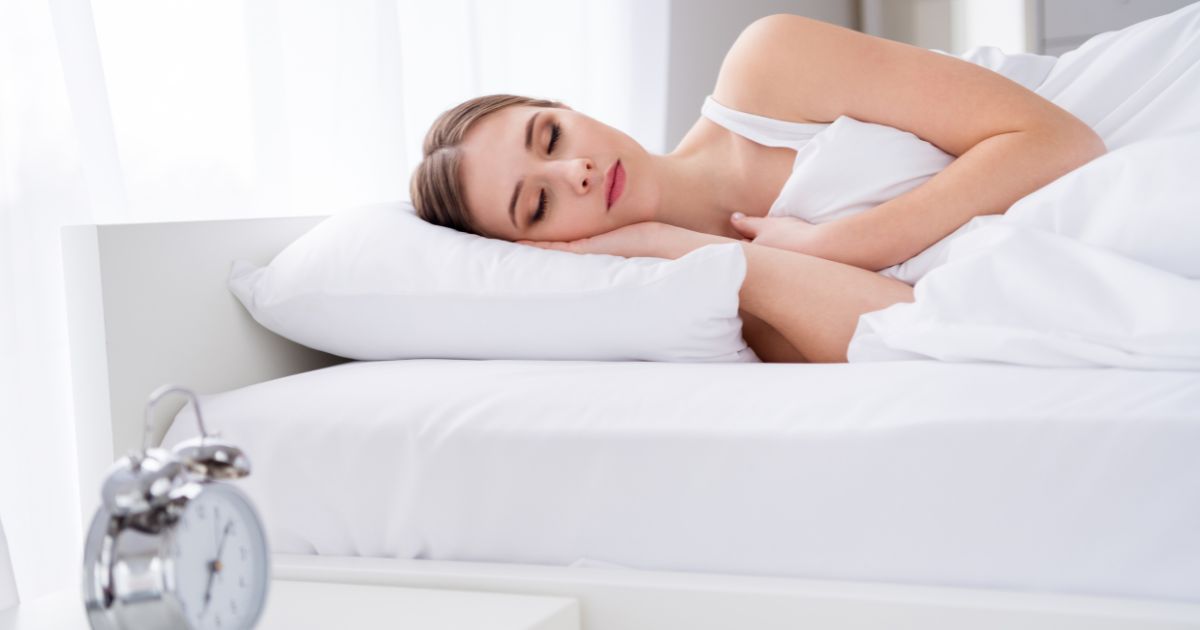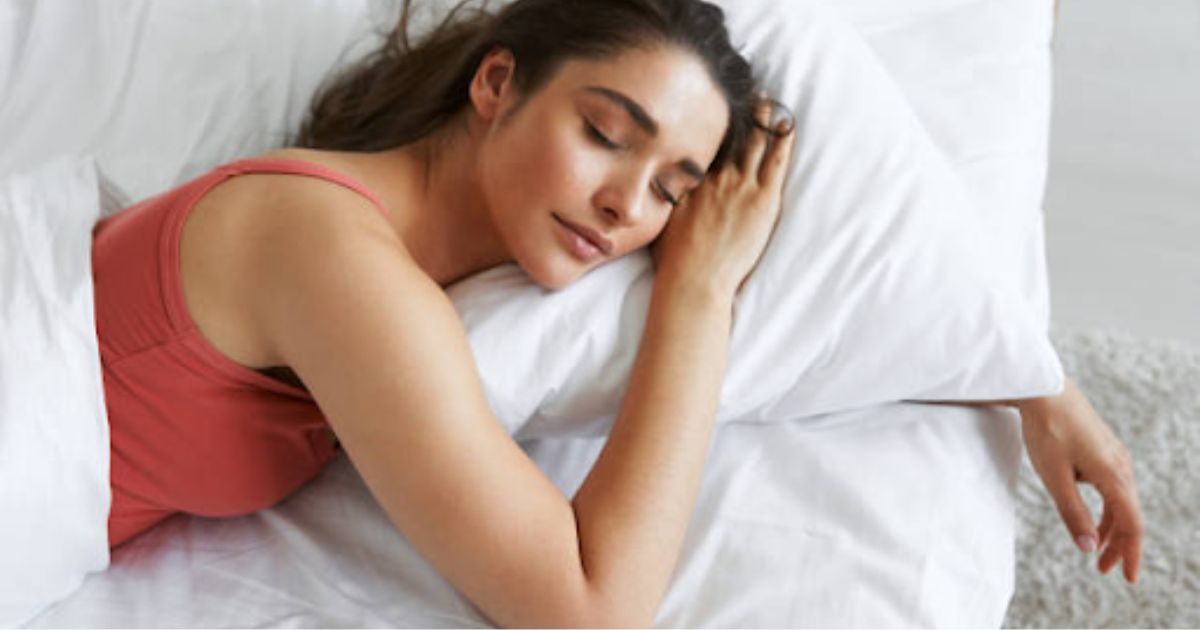In our digitally connected world, many of us spend a significant amount of time in front of screens whether that be from our smartphone, television, laptop, or even smartwatches. While these devices bring convenience and entertainment, they also come with some consequences. When it comes to resting, screen usage can negatively impact your sleep quality. With rising concerns about the link between screen usage and poor sleep quality, it’s important to explore how your daily screen time habits affect your sleep and what changes you can make to mitigate the negative impacts.
The Science of Sleep and Circadian Rhythms
Understanding how sleep works and what regulates it is crucial to learn before diving into the effects screen usage has on sleep. Sleep is controlled by our circadian rhythm, a biological clock that regulates our sleep-wake cycles over 24 hours. This internal clock is influenced most notably by light. Our bodies are naturally programmed to be awake during daylight hours and sleep when it’s dark.
A key factor in the circadian rhythm is melatonin, a hormone produced by the pineal gland in response to darkness. Melatonin helps induce sleepiness and regulates the onset of sleep. However, the production of melatonin is highly sensitive to light exposure, especially the light emitted from the screens.

The Impact Blue Light Has on Sleep Quality
The primary concern with screen usage before bed is the emission of blue light. Blue light is a part of the visible light spectrum and has a wavelength that is particularly effective in stimulating photoreceptors in the eye, which then sends signals to the brain. These signals help regulate the circadian rhythm by influencing melatonin production.
When we are exposed to blue light, especially in the evening, it suppresses the reproduction of melatonin, tricking the brain into thinking it is still daytime. This disruption can delay sleep onset and reduce sleep quality. Studies have shown that exposure to blue light in the evening, particularly from smartphones and computers, can delay sleep by up to an hour or more, leading to insufficient rest the following morning.
Studies have shown that individuals who used electronic devices emitting blue light for even two hours before bedtime experienced a significant delay in their sleep, reduced REM sleep, and felt less rested in the morning.
Effects of Screen Usage on Sleep Quality
Aside from delaying sleep, excessive screen time can also reduce the overall duration and quality of sleep.
1. Sleep Disruption
Constant exposure to screens, especially just before bed, not only makes it difficult to fall asleep but can also contribute to fragmented sleep. This means that even if you manage to fall asleep, you may experience more frequent awakenings during the night, leading to lighter, less restorative sleep.
Whether you are scrolling through social media, watching a movie, or playing a video game, screens tend to keep the brain active. This heightened level of mental activity can make it more challenging to enter deeper stages of sleep, which are critical for physical and mental restoration.

2. Reduced REM Sleep
REM (Rapid Eye Movement) sleep is the stage of sleep most closely associated with dreaming, memory consolidation, and emotional processing. It’s a crucial part of the sleep cycle that helps us feel refreshed and mentally sharp the next day. However, blue light exposure from screens before bed has been shown to reduce the amount of REM sleep we get. Without sufficient REM sleep, you may feel greater levels of fatigue, mood disturbances, and difficulty concentrating the next day.
3. Sleep Architecture
Sleep architecture refers to the structure and pattern of different states of sleep that occur throughout the night, such as light sleep, deep sleep, and REM sleep. Prolonged screen time before bed as shown to alter sleep architecture, leading to an imbalance in the time spent in each sleep stage. Individuals who engage with screens before bed may spend less time in deep, restorative sleep and more time in light sleep, which does not provide the same level of mental and physical recovery.
How to Minimize the Negative Effects of Screen Usage on Sleep Quality
There are several different strategies you can implement to reduce the negative effects that come along with screen time:
1. Set Screen Time Limits
One of the most effective ways to improve sleep quality is to set limits on screen time, particularly in the hour or two leading up to bedtime. Aim to reduce or eliminate screen use during this time to allow your body to naturally prepare for sleep.
2. Use Blue Light Filters
Many modern devices come with built-in blue light filters that reduce the amount of blue light emitted by screens. You can also download apps or use settings that adjust the screen’s color temperature, especially in the evening. These tools help reduce blue light exposure and minimize its impact on melatonin production.
3. Implement a Digital Curfew
Establishing a digital curfew can be a helpful strategy to curb screen usage before bedtime. Try to turn off all devices at least 30-60 minutes before going to sleep. Use this time to engage in relaxing activities like reading a book or meditating to prepare your mind for sleep.
4. Optimize Sleep Environment
To further promote higher sleep quality, make sure your sleep environment is dark, cool, and quiet. Consider using blackout curtains and avoid using devices in the bedroom. Optimizing your sleep environment will promote relaxation and will ease your body and brain into sleep. Setting the right temperature, reducing noise, and limiting the amount of light you are exposed to while lying down will ensure a deeper sleep and make you well-rested in the morning.

Jacksonville Sleep Center: Improving your Sleep Quality
Jacksonville Sleep Center has a team of dedicated physicians and sleep specialists determined to help individuals improve their sleep quality. Our experts can help guide you on your journey of achieving restful and restorative nights. Connect with Jacksonville Sleep Center today to take the first step towards a better night of rest.






